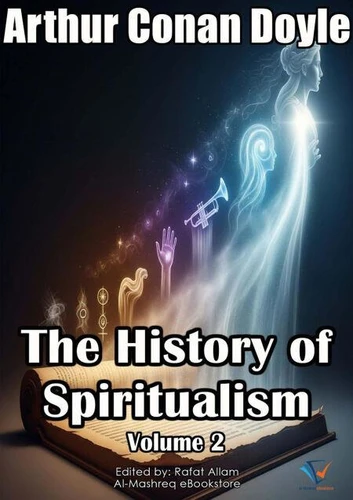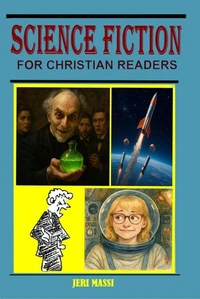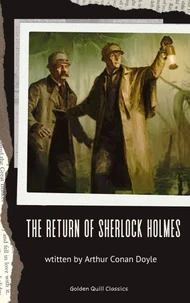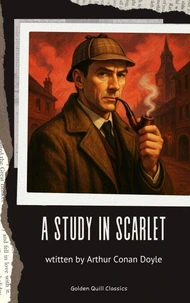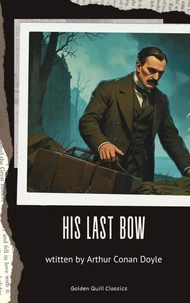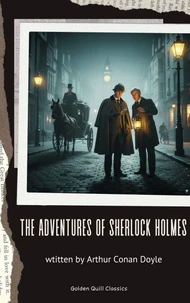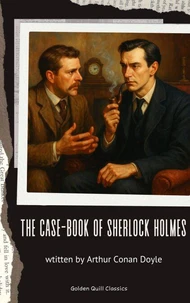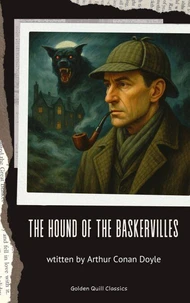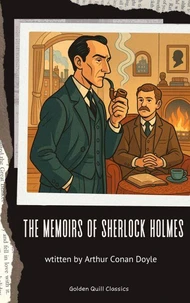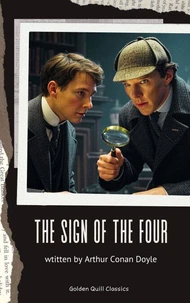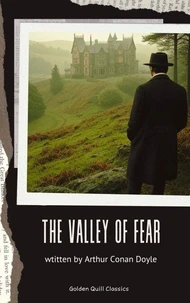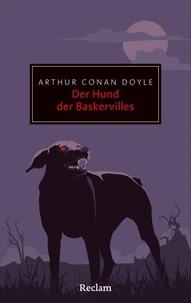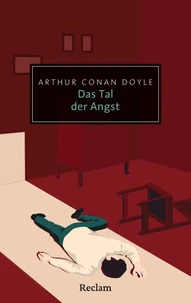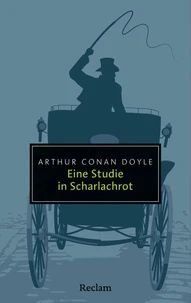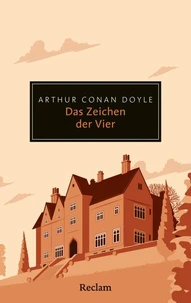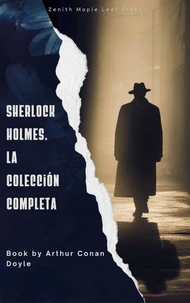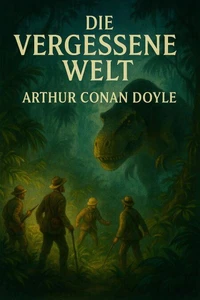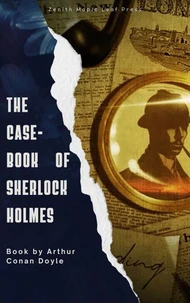The History of Spiritualism, Volume 2. Volume 2
Par : ,Formats :
Disponible dans votre compte client Decitre ou Furet du Nord dès validation de votre commande. Le format ePub est :
- Compatible avec une lecture sur My Vivlio (smartphone, tablette, ordinateur)
- Compatible avec une lecture sur liseuses Vivlio
- Pour les liseuses autres que Vivlio, vous devez utiliser le logiciel Adobe Digital Edition. Non compatible avec la lecture sur les liseuses Kindle, Remarkable et Sony
 , qui est-ce ?
, qui est-ce ?Notre partenaire de plateforme de lecture numérique où vous retrouverez l'ensemble de vos ebooks gratuitement
Pour en savoir plus sur nos ebooks, consultez notre aide en ligne ici
- Nombre de pages360
- FormatePub
- ISBN978-0-518-65056-0
- EAN9780518650560
- Date de parution01/08/2025
- Protection num.Digital Watermarking
- Taille3 Mo
- Infos supplémentairesepub
- ÉditeurAl-Mashreq eBookstore
Résumé
The History of Spiritualism, Vol. 2 continues Arthur Conan Doyle's in-depth chronicle, covering roughly 1880 through the 1920s - the period of spiritualism's maturation and international expansion. In this volume, Doyle documents the movement's Golden Age and his contemporary era: the foundation of spiritualist churches and societies in Britain, Europe, and beyond; prominent late-19th-century mediums like Florence Cook and William Eglinton; and the explosion of interest after World War I (when millions sought comfort for lost loved ones).
He also details the involvement of scientists (e.g. Sir Oliver Lodge) and the famous 1882 founding of the Society for Psychical Research. The book does not shy from controversies - Doyle discusses famous debunkings and schisms (such as disagreements over physical phenomena). A significant portion is devoted to World War I's impact: Doyle movingly describes how the Great War's grief "brought spiritualism from the shadows into broad daylight" by intensifying the need for spirit communication.
He includes firsthand stories of post-war séances that purportedly reunited soldiers' spirits with families. Doyle concludes with the 1920s scene: public lectures (including his own missionary tours in support of spiritualism), and the belief that spiritualism was on the cusp of mainstream acceptance. Volume 2 thus serves as both a historical record and Doyle's personal testament, ending with a hopeful assertion that the spirit teachings will uplift humanity.
He also details the involvement of scientists (e.g. Sir Oliver Lodge) and the famous 1882 founding of the Society for Psychical Research. The book does not shy from controversies - Doyle discusses famous debunkings and schisms (such as disagreements over physical phenomena). A significant portion is devoted to World War I's impact: Doyle movingly describes how the Great War's grief "brought spiritualism from the shadows into broad daylight" by intensifying the need for spirit communication.
He includes firsthand stories of post-war séances that purportedly reunited soldiers' spirits with families. Doyle concludes with the 1920s scene: public lectures (including his own missionary tours in support of spiritualism), and the belief that spiritualism was on the cusp of mainstream acceptance. Volume 2 thus serves as both a historical record and Doyle's personal testament, ending with a hopeful assertion that the spirit teachings will uplift humanity.
The History of Spiritualism, Vol. 2 continues Arthur Conan Doyle's in-depth chronicle, covering roughly 1880 through the 1920s - the period of spiritualism's maturation and international expansion. In this volume, Doyle documents the movement's Golden Age and his contemporary era: the foundation of spiritualist churches and societies in Britain, Europe, and beyond; prominent late-19th-century mediums like Florence Cook and William Eglinton; and the explosion of interest after World War I (when millions sought comfort for lost loved ones).
He also details the involvement of scientists (e.g. Sir Oliver Lodge) and the famous 1882 founding of the Society for Psychical Research. The book does not shy from controversies - Doyle discusses famous debunkings and schisms (such as disagreements over physical phenomena). A significant portion is devoted to World War I's impact: Doyle movingly describes how the Great War's grief "brought spiritualism from the shadows into broad daylight" by intensifying the need for spirit communication.
He includes firsthand stories of post-war séances that purportedly reunited soldiers' spirits with families. Doyle concludes with the 1920s scene: public lectures (including his own missionary tours in support of spiritualism), and the belief that spiritualism was on the cusp of mainstream acceptance. Volume 2 thus serves as both a historical record and Doyle's personal testament, ending with a hopeful assertion that the spirit teachings will uplift humanity.
He also details the involvement of scientists (e.g. Sir Oliver Lodge) and the famous 1882 founding of the Society for Psychical Research. The book does not shy from controversies - Doyle discusses famous debunkings and schisms (such as disagreements over physical phenomena). A significant portion is devoted to World War I's impact: Doyle movingly describes how the Great War's grief "brought spiritualism from the shadows into broad daylight" by intensifying the need for spirit communication.
He includes firsthand stories of post-war séances that purportedly reunited soldiers' spirits with families. Doyle concludes with the 1920s scene: public lectures (including his own missionary tours in support of spiritualism), and the belief that spiritualism was on the cusp of mainstream acceptance. Volume 2 thus serves as both a historical record and Doyle's personal testament, ending with a hopeful assertion that the spirit teachings will uplift humanity.

